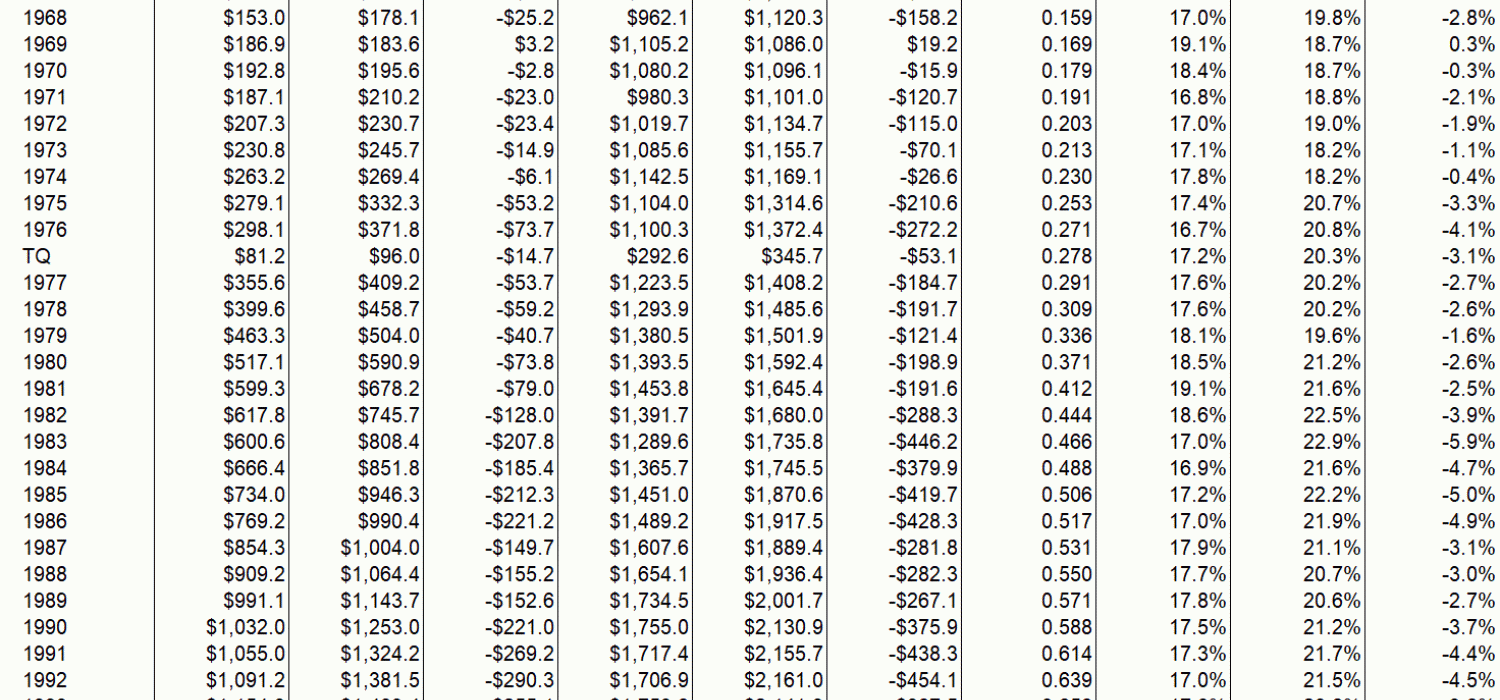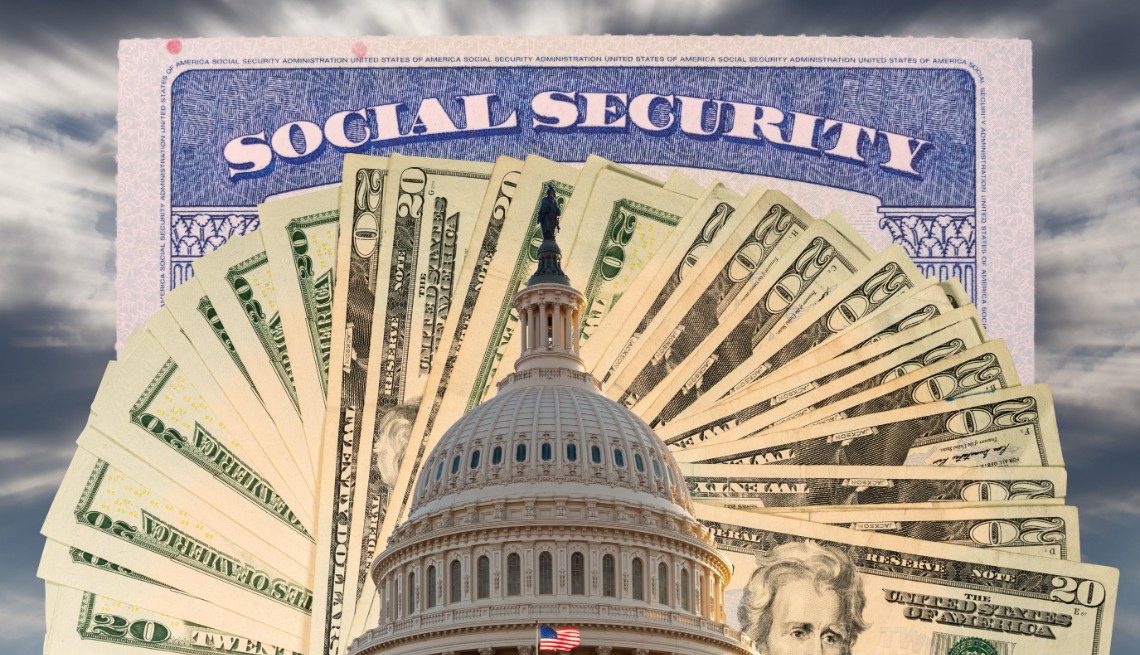Simple math. Out of curiosity, are you seriously defending the outrageous theft and waste of the Federal Government?
Here's a short hand comparison to show in broad terms what the incompetent mismanagement and out right theft has cost us:
The truth is, the Social Security checks your great grandparents might have been receiving in the 1950s were much smaller.

finance.yahoo.com
<snip>
1999
- Average monthly Social Security payment that year: $804.30
- Average monthly Social Security payment in 2020 dollars: $1,250.12
<snip>
Federal outlays in 1999 = $1701.8 Trillion
Federal outlays in 2001 = $7249.5
Receipts, outlays, and surplus or deficit in dollars and as a percent of GDP from 1940 to 2027.

www.taxpolicycenter.org
Social Security payment increases were based on inflation. In 1999, annual average amount was $9,651.60. In 2022 annual average amount was $15,001.44. Amount of the increase was from 1999 to 2021 was about 1.53 times.
Federal Spending increases are based on the greed and theft of the lying thieves. In 1999 Federal Spending was $1701.8 Trillion. In 2001, Federal spending was $7249.5 Trillion. An increase of 4.26 times.



